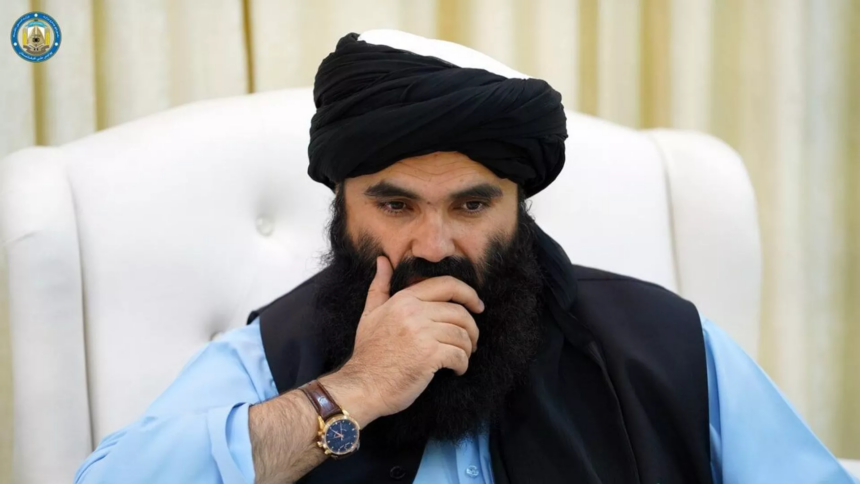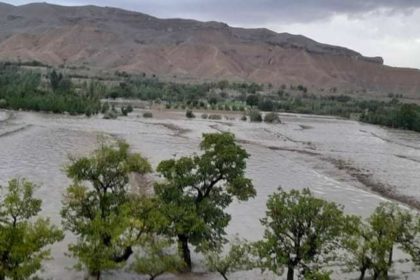RASC News Agency: In recent days, tensions between the Taliban and Pakistan have escalated dramatically, with both sides accusing each other of hostile actions and issuing veiled threats. Just yesterday, Pakistan’s Defense Minister directly blamed the Taliban, stating:
“By harboring our enemies, this group has exacerbated tensions between our two nations.” He reiterated allegations that the Taliban continue to provide safe haven to anti-Pakistan militant groups, particularly Tehrik-e-Taliban Pakistan (TTP). Additionally, he claimed that U.S.-supplied weapons left behind in Afghanistan are now in the hands of Pakistan’s adversaries. The Taliban, however, have consistently denied these accusations, instead accusing Islamabad of deliberately stoking tensions.
Amid this growing confrontation, the Haqqani Network has remained conspicuously silent. Sirajuddin Haqqani, the leader of this powerful Taliban faction, has deep-rooted ties with Pakistan, which likely explains his hesitation to take a confrontational stance against Islamabad. Analysts note that the Haqqanis have long served as Pakistan’s key allies in Afghanistan, often aligning with Islamabad’s strategic interests and, at times, even coordinating with U.S. intelligence. While various Taliban factions once operated under Pakistan’s influence, the group’s internal dynamics have shifted significantly since their return to power. Notably, the Kandahar faction has adopted a more anti-Pakistan stance, further deepening divisions within the Taliban’s ranks.
Observers argue that Sirajuddin Haqqani is not actively working to destabilize the Taliban leadership, nor is he seeking to oust Mullah Hibatullah Akhundzada. On the contrary, rather than being a disruptive force, Haqqani is widely seen as the regime’s most viable successor should Hibatullah’s leadership falter. Some believe that Mullah Hibatullah’s increasingly confrontational posture toward global powers particularly Pakistan risks isolating him internationally. In contrast, Haqqani, backed by Islamabad, has positioned himself as a pragmatic leader capable of securing international legitimacy.
Meanwhile, reports suggest that the Haqqani Network continues to serve Pakistan’s interests, with Islamabad leveraging this faction to maintain its influence over Afghanistan’s internal affairs.






